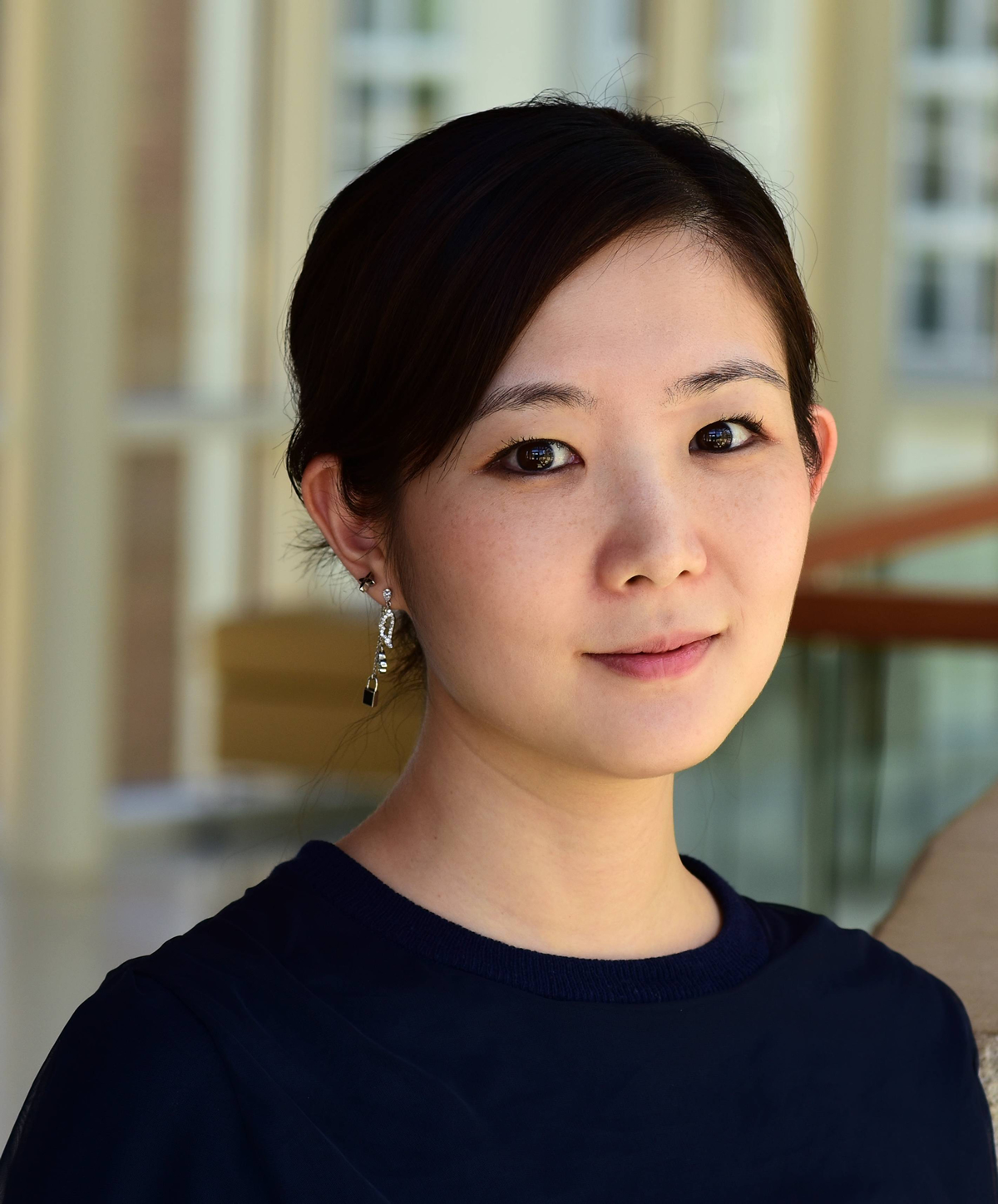Summary
The paper assesses how the public in the ethnic nation views citizenship acquisition criteria. The results show that, overall, Japanese people most heavily rely on the nationalities of parents, particularly those of fathers, in judging who qualifies as “Japanese.” These results seem to reflect Japan’s long-lasting belief in cultural homogeneity as well as patriarchal values, which are reinforced by a patrilineal tradition of citizenship.


